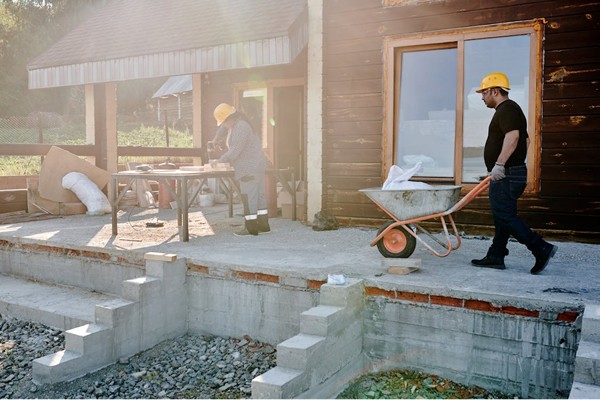What Are The Stages of Development Finance?

What Are The Stages of Development Finance?
Turning your development project from a dream into reality requires careful planning and securing the right funding. This is where development finance comes in, providing the crucial capital needed to navigate the various stages of the development process. But what exactly are these stages, and what can you expect at each step?
1. Enquiry and initial advice:
· Seek professional guidance: Before diving into the specifics, connect with a development finance broker or lender to understand your options and receive initial advice. This stage involves discussing your project overview, budget estimates, and financing needs.
· Free consultations: Many lenders offer free consultations, allowing you to explore your options and ask questions without any initial financial commitment.
2. Application and agreement in principle (AIP):
· Formal application: Once you’ve chosen a potential lender, proceed with a formal application. This typically involves submitting detailed project information, including plans, budgets, and financial statements.
· Agreement in Principle: Based on your application, the lender may issue an Agreement in Principle (AIP). This isn’t a guaranteed loan offer but signifies their initial willingness to lend, subject to further assessment.
3. Due diligence and valuation:
Scrutinising the details: The lender will conduct thorough due diligence, meticulously evaluating your project’s viability. This may involve:
· Site visit: Assessing the development site and surrounding area.
· Valuation: Obtaining professional valuations of the land and the completed development’s potential value.
· Financial checks: Verifying your financial health and ability to repay the loan.
Transparency is key: Providing the lender with all necessary information and maintaining open communication throughout this stage is crucial for a smooth process.
4. Loan offer and legal documentation:
· Formal loan offer: Upon successful due diligence, the lender will present a formal loan offer outlining the loan amount, interest rate, terms, and repayment schedule.
· Legal agreements: Once you accept the offer, lawyers will draft and finalise legal agreements, including the loan agreement and security documents. This stage requires careful review and legal counsel to ensure you understand the terms and implications.
5. Completion and drawdowns:
· Reaching the finish line: Upon completing the legal formalities, the loan becomes finalised, and the first tranche of funds, often used for land purchases, is released.
· Stage payments: Subsequent funds are typically released in stages, called “drawdowns,” based on pre-agreed milestones and the completion of specific project phases. This ensures the funds are used as intended and the project progresses as planned.
6. Repayment and exit strategy:
· Exit plan in sight: Throughout the development process, have a clear exit strategy in mind. This could involve selling the completed property, refinancing the loan with a long-term mortgage, or other options, depending on your project goals.
· Meeting your obligations: Repay the loan according to the agreed-upon terms, ensuring a smooth exit from the development finance phase.
Remember: Each stage of development finance is crucial, and navigating it successfully requires careful planning, clear communication, and professional guidance. By understanding these stages and collaborating with experienced professionals, you can turn your development project into a success story.
